Coconut Poonac
Best Quality 100% Guaranteed
- Superior Quality Products
- Conforming to International Standards
- High Level Of Service
- On-Time Shipments
Description
Coconut poonac, also known as coconut meal or copra meal, is a byproduct of the coconut oil extraction process. It is obtained by drying and grinding the residual coconut flesh or copra after the oil has been extracted.
Coconut poonac is typically in the form of a coarse powder or meal, with a slightly gritty texture. It is rich in dietary fiber, protein, and essential nutrients, making it a valuable ingredient in animal feed and livestock diets.
Due to its high fiber content, coconut poonac aids in digestion and promotes gut health in animals. It also provides a good source of energy and essential fatty acids, contributing to overall animal nutrition and growth.
Coconut poonac is commonly used as a supplement in the diets of livestock such as poultry, pigs, cattle, and horses. It can be incorporated into feed formulations to enhance nutritional balance and support optimal animal health and productivity.
Overall, coconut poonac is a sustainable and nutritious feed ingredient derived from coconut processing, providing valuable dietary benefits for various types of livestock and animals.
Technical Specifications
- Moisture Content: Typically ranging from 8% to 12%, depending on the drying process and storage conditions.
- Protein Content: Generally ranges from 18% to 22%, making it a good source of protein for animal diets.
- Fat Content: Typically contains around 10% to 12% fat, providing energy for animals.
- Fiber Content: Contains approximately 10% to 15% dietary fiber, aiding in digestion and promoting gut health in animals.
- Ash Content: Usually around 4% to 6%, representing the inorganic mineral content of the coconut meal.
- Particle Size: Typically ground to a coarse powder or meal consistency, with particle sizes varying based on processing methods.
- Shelf Life: Coconut poonac has a relatively long shelf life when stored in a cool, dry place, typically ranging from several months to over a year.
- Microbiological Parameters: Should meet regulatory standards for microbiological safety, including limits for total plate count, yeast, mold, and presence of pathogens.
- Contaminant Levels: Should comply with regulatory limits for contaminants such as aflatoxins, heavy metals, and pesticide residues.
- Packaging: Usually packaged in bulk bags or sacks for transportation and storage, with proper labeling and handling instructions.
Packaging Details
| Packing | Double-sealed LDPE Poly Bag/ 4ply craft paper sack/Printed W.P.P Bag Or upon request. |
| Pack Size | 25 Kg/50Kg |
| Container Capacity | 1 x 20′ FCL / 1 x 40’ FCL |
You must be logged in to post a review.


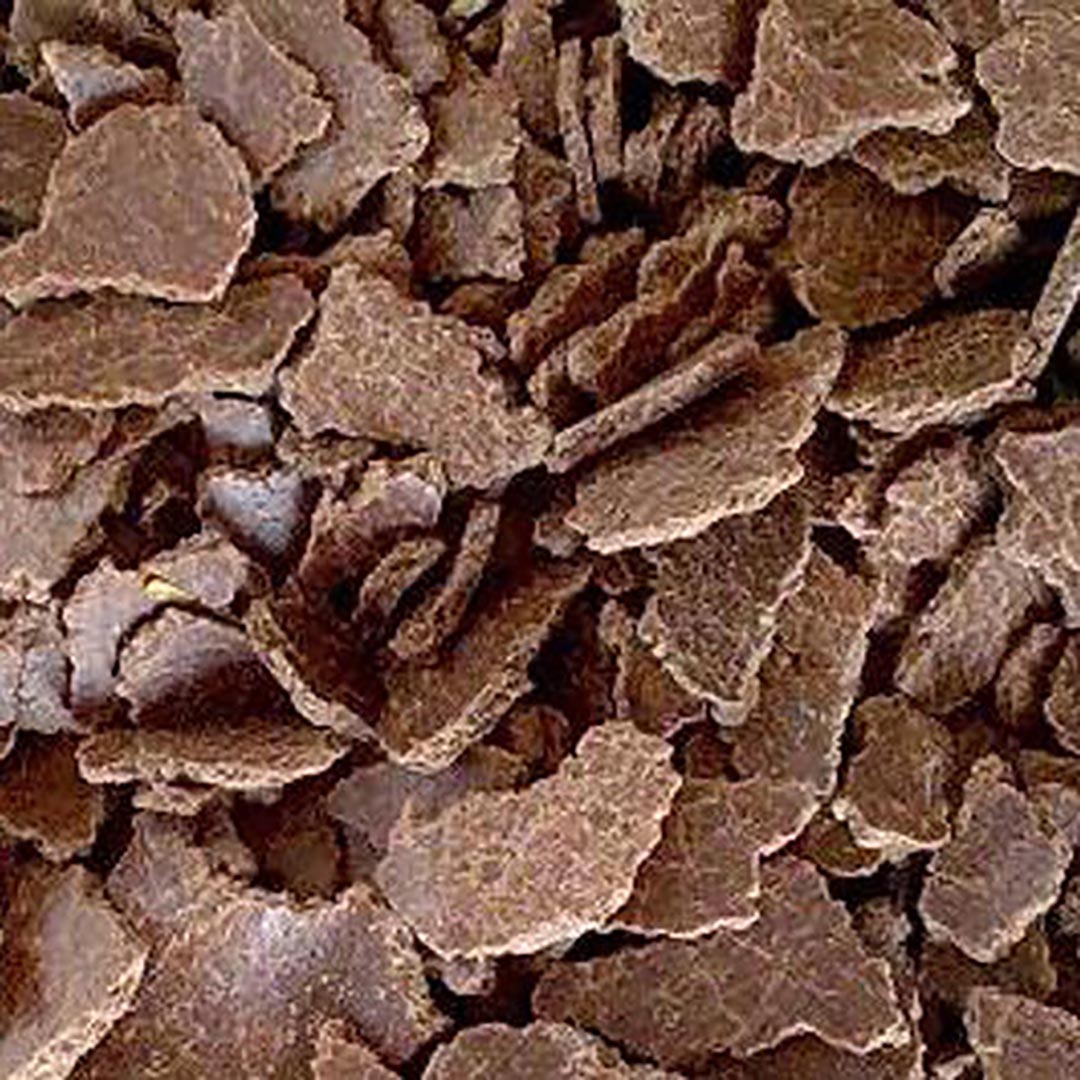
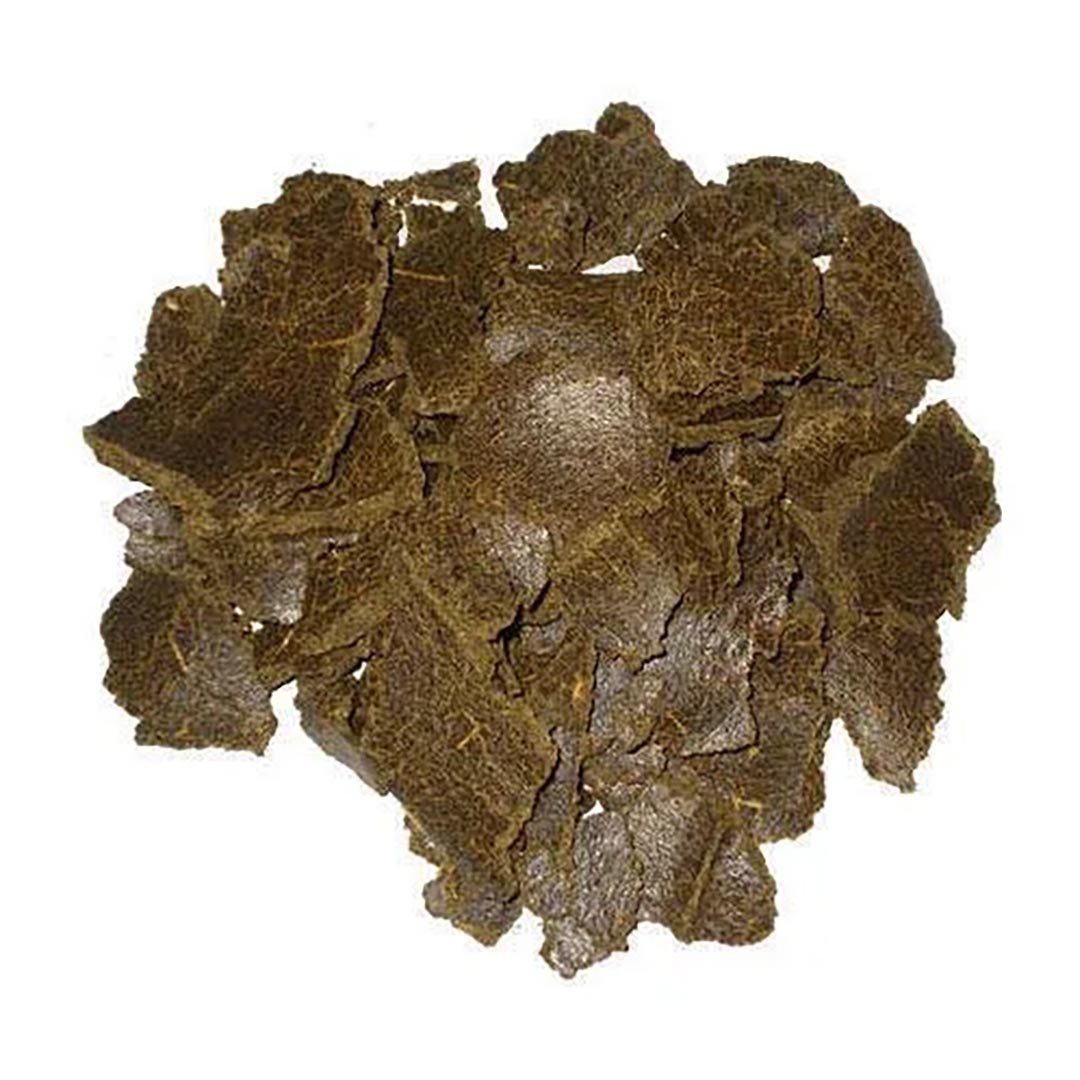
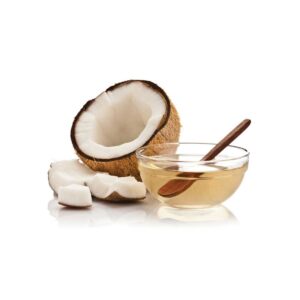
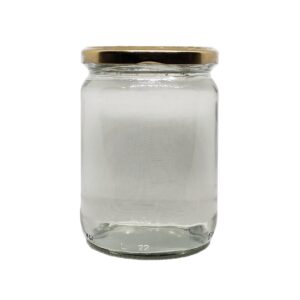
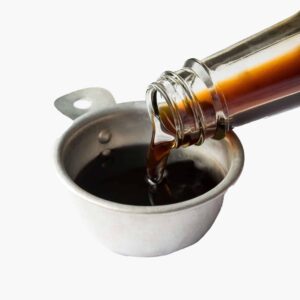
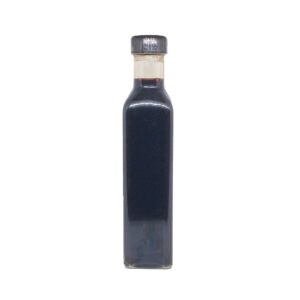
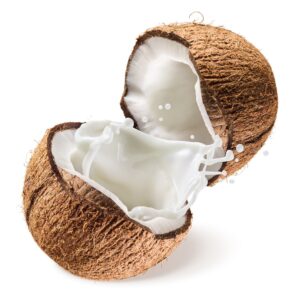
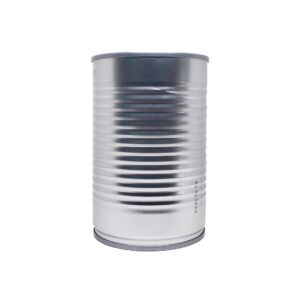
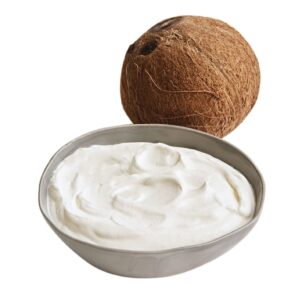
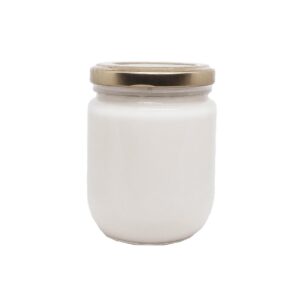
Reviews
There are no reviews yet.